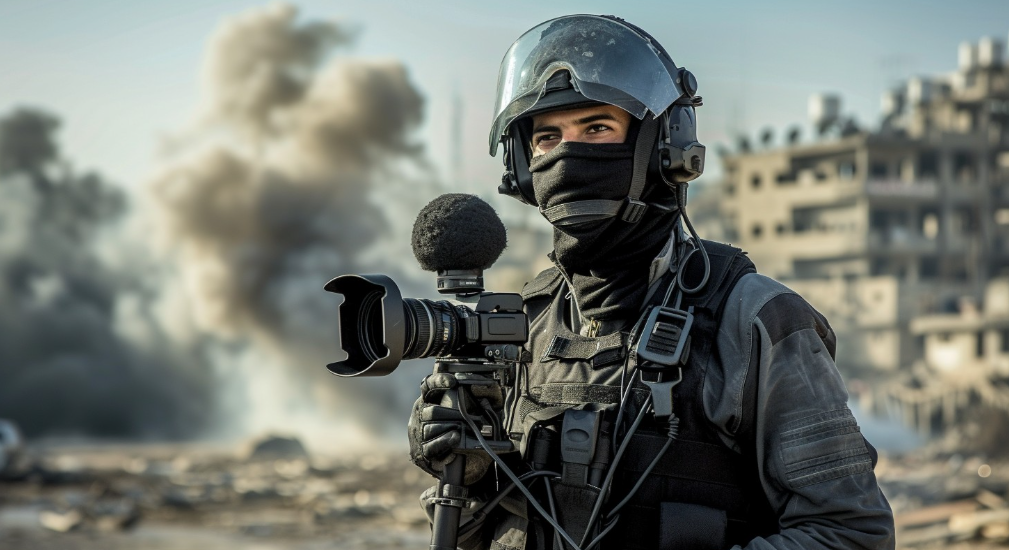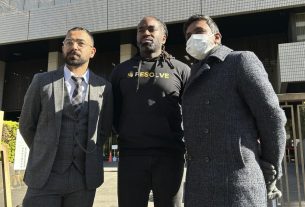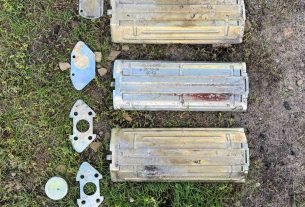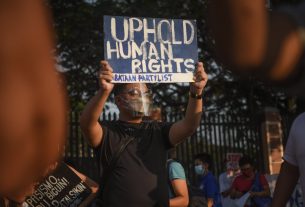Paris, 7 October 2025 — French prosecutors have launched a formal war crimes investigation following the death of photojournalist Antoni Lallican, who was killed on 3 October while reporting near the front lines in southeastern Ukraine’s Donbas region.
Legal Action and Jurisdiction
The investigation was announced by France’s National Anti-Terror Prosecutor’s Office (PNAT) and assigned to the Central Office for the Fight against Crimes against Humanity and Hate Crimes. Under French law, war crimes include deliberate attacks on individuals protected by international humanitarian law, such as journalists operating in conflict zones.
Circumstances of Death
Lallican, on assignment for the Hans Lucas photojournalism agency, was embedded with Ukraine’s Fourth Armored Brigade when he was reportedly killed in a drone strike attributed to Russian forces, according to a statement by President Emmanuel Macron.
The International Federation of Journalists (IFJ) noted that this marks the first known death of a journalist by drone strike in Ukraine. Lallican had covered the war since March 2022, focusing on civilian impact and frontline conditions. His work earned him the 2024 Victor Hugo Prize for Committed Photography.
Press Freedom and Safety
The incident has reignited concerns over the safety of journalists in conflict zones. The Committee to Protect Journalists (CPJ) reports at least 18 media workers killed since the war began, while Reporters Without Borders (RSF) confirms that four French journalists have died in Ukraine.
Sergiy Tomilenko, head of the National Union of Journalists of Ukraine (NUJU), condemned the targeting of press workers as a deliberate attempt to silence documentation of war crimes.
In a December 2024 statement, UNESCO described the rising death toll among journalists as an “unsettling trend”, with Director-General Audrey Azoulay emphasizing the importance of reliable information in conflict zones to support affected populations and inform the global community.
Outlook
The French investigation could set a precedent for holding perpetrators accountable for attacks on journalists under international law. Advocacy groups continue to call for greater protections, independent inquiries, and global recognition of press workers as protected civilians in war zones.
Sources: France 24; IFJ; CPJ; RSF; UNESCO; NUJU.
Excerpts from jurist.org article by Tahara Kamara | The City Law School, GB



